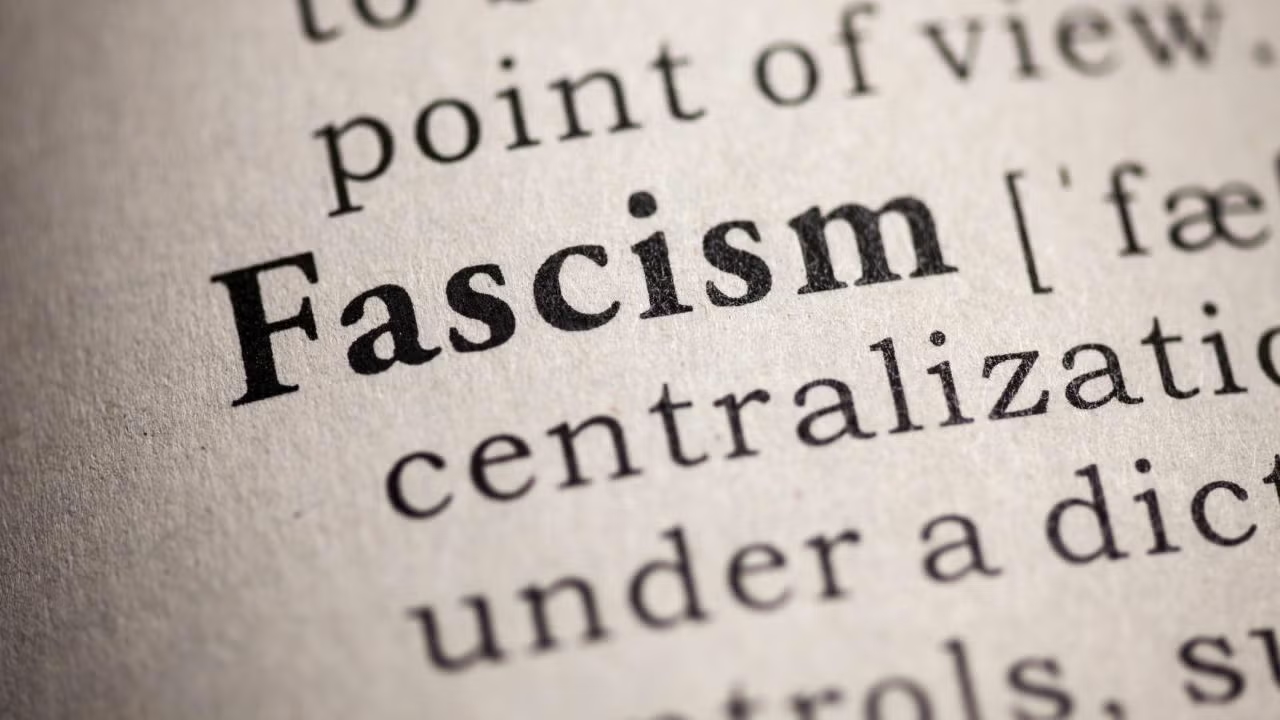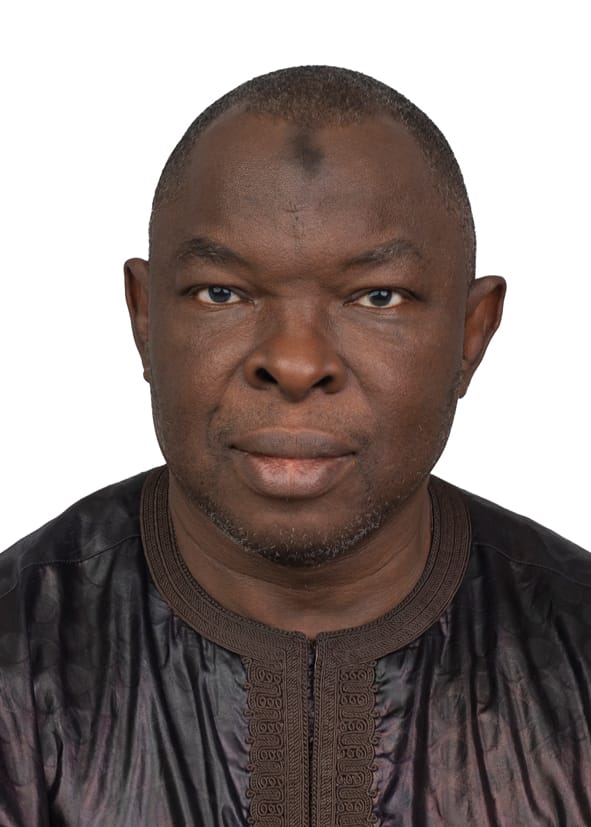
Tahir was a proud, intelligent, politically conscious, and unapologetic ultra-rightwing conservative. His memorandum reflected the retrograde feudal and military junta’s belief that the universities should be a primitive military barrack, where order, not the contestation of ideas, should reign… His submission, most significantly, informed the fascist-like recommendations of the Justice Mohammed Commission, which undermined academic freedom, subverted university autonomy, and humiliated entire campus communities.
The Nigerian students’ 1978 uprising against the commercialisation of education and for the democratisation of the campuses and society, was violently suppressed by the Murtala/Obasanjo military junta.
The regime killed and maimed a number of students and members of the public, including children. Also, educational institutions, especially universities, were shut down. The National Union of Nigerian Students (NUNS), which organised the protests, was proscribed, its bank account frozen, and its prominent leaders arrested, detained, imprisoned, and expelled.
After the uprising was crushed, the junta established the Justice Mohammed Commission to investigate the underlying causes of the protests, those involved, and to make necessary recommendations. The Commission legitimised the fascist suppression of the protests and recommended the dismissal of lecturers, administrators and a journalist.
Dr Ibrahim Tahir, a sociology lecturer at Ahmadu Bello University in the 1970s, was also a writer, prominent member of the secretive Kaduna Mafia and founder of the Gamji Club. In the post-military era, he became the national secretary of the ruling National Party of Nigeria (NPN) and minister of Communication.
Back in 1978, he submitted a memorandum titled, “Top Secret: Submission of Dr. Ibrahim A. Tahir, Ahmadu Bello University [ABU] to the Justice Mohammed Commission on Inquiry of the Student Crisis of April, 1978.”
Tahir’s submission captured the sentiments of ABU students on the uprising, otherwise called the ‘Ali-Must-Go’ protests. It also addressed the flowering of Marxist-Leninist ideas, as well as the factors and forces that radicalised the students.
Tahir wrote, “only a tiny minority of students appear to realize or believe that they did any wrong.” In fact, others, “reject the fact that their conduct involves anything illegal even when it is explained to them that the maintenance of barricades… is an insurrectionary act.”
He added that the ABU students did not, “accept that when the police intervene it is wrong for them to fight battles with them.” In short, the majority of students did not accept or believe that their protests within and outside the university was wrong. He said that the students’, “mentality is generally of being somehow of a special class.”
To Tahir, the Movement for a Progressive Nigeria (MPN) – a student group which, “brings together students and other academics from ABU and other universities” – played a leading role in the organisation of the uprising.
He claimed that the MPN had branches “in almost every post-secondary institution within the Zaria-Kano-Kaduna-Maiduguri axis and exists in nascent form in some secondary schools.”
Tahir attributed the radicalisation of the student movement to the blossoming of Marxist-Leninist ideas that, “created an intellectual and psychological climate which has made revolutionary insurrectionary conduct respectable, even glorious.”.. He specifically listed Peter Waterman, Patrick Francis Wilmot and Yusuf Bala Usman in ABU; Eskor Toyo in University of Calabar; Segun Osoba in University of Ife…
Equally, he claimed that the MPN played a leading role in the organisation of the protests by its, “promotion of revolutionary ideas on the campus.” Besides, its activists were “critical to (the) decision” to embark on Operation Confrontation at the NUNS meeting at the University of Calabar.
Tahir further alleged that MPN activists led in promoting and organising the boycott, during and after the closure of ABU and other campuses. He claimed that they even “secured the resumption of the boycott at Maiduguri and Jos.”
He attributed the dominant role of MPN to the fact that its activists have, “the distinct advantage of being fanatically dedicated, highly motivated, very well-organized and well supplied with advice and good literature on tactics, organization and probably material assistance from sources unknown.”
Tahir attributed the radicalisation of the student movement to the blossoming of Marxist-Leninist ideas that, “created an intellectual and psychological climate which has made revolutionary insurrectionary conduct respectable, even glorious.”
He specifically listed Peter Waterman, Patrick Francis Wilmot and Yusuf Bala Usman in ABU; Eskor Toyo in University of Calabar; Segun Osoba in University of Ife; Bade Onimode and Ola Oni in the University of Ibadan; and Ebenezer Babatope in the University of Lagos, as the academics responsible for impacting Marxism-Leninism on students.
Tahir identified four factors that led to the acceptance and flourishing of Marxism-Leninism within the students. First, was “the assassination of General Murtala Mohammed which was used to support arguments that the only guarantee of Nigeria’s future is a Marxist revolution.” He quoted Usman as arguing that, “Mohammed was killed because he threatened to expropriate the local “bourgeoisie” of their “ill-gotten gains” and break their ties with their international capitalist backers…”
Second, was the junta’s rejection of the Usman-Osoba “Minority Report” of the Constitution Drafting Committee. The Report, he said, was, in fact, adopted by NUNS as, “the only legitimate people’s constitution”, as students widely believed that it would help to transform Nigeria into a people-oriented and developed country.
Third, he said, was “the Angolan episode and Nigeria’s increasing involvement in the liberation of Southern Africa and its war against multinationals dealing with South Africa.” These, he claimed, were used to advance arguments that the liberation struggles in Southern African were organically linked with the revolutionary struggle to transform Nigeria.
Tahir was a proud, intelligent, politically conscious, and unapologetic ultra-rightwing conservative. His memorandum reflected the retrograde feudal and military junta’s belief that the universities should be a primitive military barrack, where order, not the contestation of ideas, should reign.
His submission, most significantly, informed the fascist-like recommendations of the Justice Mohammed Commission, which undermined academic freedom, subverted university autonomy, and humiliated entire campus communities.
Ade-Ajayi’s warning has caught up with Nigeria. Since 2015, the dangers he warned about, have acquired extremely frightening dimensions. As for Tahir, in 2009, he passed away in Cairo, but the weeds he planted are still surviving and choking the democratic space.
Consequently, the state policing of campuses became the order of the day. This was to acquire frightening dimensions in the future military regimes of Buhari, Babangida, and Abacha.
The illegal dismissal of academics, and the suspension, rustication and expulsion of students for their political activism, and the humiliation of entire campus communities, became routine.
Non-Nigerian academics like Catherine Adelugba, and Patrick Francis Wilmot, amongst others, were illegally abducted and deported. All these were rationalised on the grounds that academics were teaching what they were not paid to teach.
The commission’s triple recommendations provided the ideological and political basis for the subversion of academic freedom and university autonomy.
Tahir’s first recommendation was that, “there is no university in the world in which teachers are free to teach more or less what they please and as they please regardless of the policies governing society and the established direction taken in the economy, politics and national way of life.”
Secondly, that, “no state system permits its universities to set up shop as counter-state which reject state definitions of its goals, replaces them with their own and then gears teaching and research to promote these self-enunciated goals.”
Thirdly, that, “no state system permits employees paid by the state in the universities and elsewhere to convert their professional function into an avenue for the promotion of ideas and activities with the explicit aim of overthrowing the state and its existing system of order.”
However, Professor Jacob Festus Ade-Ajayi, who was compulsorily retired as a result of the protests, warned against the dangers of Tahir-type reasoning: “We are often impatient with youth and demand maturity and responsibility from them. Certainly, we take steps to curb any recklessness and violence. But the greater danger to fear is youth without a sense of idealism, vision and daring.”
Ade-Ajayi’s warning has caught up with Nigeria. Since 2015, the dangers he warned about, have acquired extremely frightening dimensions. As for Tahir, in 2009, he passed away in Cairo, but the weeds he planted are still surviving and choking the democratic space.
Ahmed Aminu-Ramatu Yusuf worked as deputy director, Cabinet Affairs Office, The Presidency, and retired as General Manager (Administration), Nigerian Meteorological Agency, (NiMet). Email: [email protected]
Support PREMIUM TIMES’ journalism of integrity and credibility
At Premium Times, we firmly believe in the importance of high-quality journalism. Recognizing that not everyone can afford costly news subscriptions, we are dedicated to delivering meticulously researched, fact-checked news that remains freely accessible to all.
Whether you turn to Premium Times for daily updates, in-depth investigations into pressing national issues, or entertaining trending stories, we value your readership.
It’s essential to acknowledge that news production incurs expenses, and we take pride in never placing our stories behind a prohibitive paywall.
Would you consider supporting us with a modest contribution on a monthly basis to help maintain our commitment to free, accessible news?
TEXT AD: Call Willie – +2348098788999





